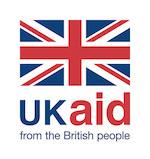The second iteration of the CoNUA Toolkit, plus overview document and Toolkit guidance can be found at www.gsma.com/CoNUA. Since the first version was published, the Toolkit has been piloted, tested and deployed in a number of humanitarian settings by a number of different organisations.
The events of 2020 made clear that mobile technology is a powerful tool for facilitating the delivery and improving the efficacy of humanitarian assistance. The restriction of social contact caused by the coronavirus pandemic led to an urgent shift in humanitarian programming, forcing many organisations to rapidly explore the feasibility of digital solutions.
During the pandemic, mobile technology has been leveraged to enable:
- the dissemination of timely information, including access to healthcare facilities and ways to prevent the spread of coronavirus;
- children to continue their education and adults to work remotely; and
- affected populations to receive cash assistance through mobile money services.
In parallel, global protests against the mistreatment of black people and other communities of colour forced the humanitarian sector (and beyond) to reflect on its own operations, including re-evaluating neo-colonial approaches to humanitarian assistance, as well as to refocus on placing end-users at the centre of programme and including people receiving aid in making decisions which affect their lives, as stipulated in work-stream six of the Grand Bargain commitments.
As humanitarian assistance continues its shift to digital, there are growing calls to move beyond anecdotal accounts about mobile penetration and its use in humanitarian contexts, towards a more evidence-based understanding of how people in humanitarian contexts are currently accessing and using mobile technology, the barriers they encounter and most importantly their own preferences for digital tools. Data is essential for organisations digitising products and services, to ensure that this process is effective, appropriate and equitable. Following publication of The Digital Lives of Refugees (published in 2019 in partnership with the UNHCR Innovation Service) and subsequent engagement with stakeholders, it became clear that there is an appetite and unmet need amongst many humanitarians and organisations providing digital services in humanitarian contexts for such data.
The Toolkit
Against this backdrop and to address the need for a more evidence-based approach which puts recipients of assistance at the centre, GSMA partnered with REACH and the Emergency Telecommunications Cluster (ETC), and convened a Technical Committee comprised of experts from a number humanitarian agencies, to pool our respective knowledge in the use of mobile technology and conducting assessments in humanitarian settings to produce the Connectivity, Needs and Usage Assessment (CoNUA) Toolkit.
CoNUA provides the tools to help users understand mobile phone access, usage, preferences and digital skills amongst populations of concern in a robust and standardised manner.
This evidence is valuable for organisations providing a wide range of products and services in diverse humanitarian contexts, and many of the tools can be tailored to address specific evidence needs. Toolkit users can use them to run new assessments, or take some of the tools and integrate them into assessments already being conducted, such as:
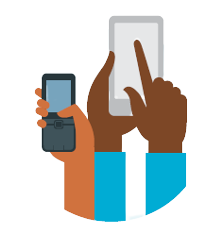 | 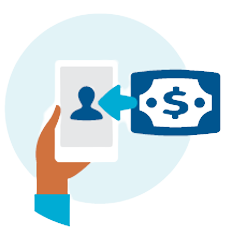 | 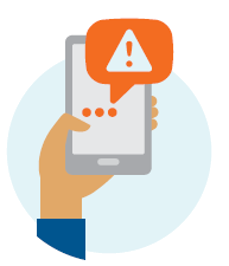 | 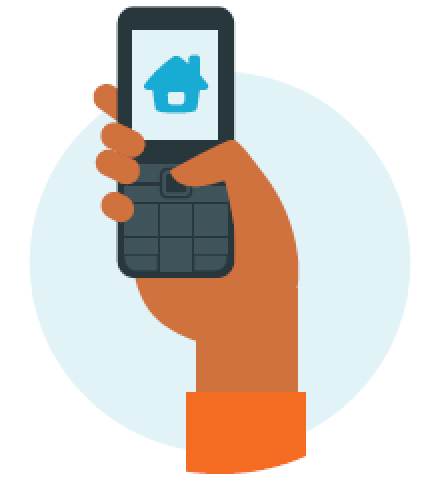 |
| Broad assessments to help understand how communities access and use mobile technology | Assessments to understand the use of mobile money for cash programming | Assessments to establish how mobile technology might be used for communicating with communities (such as for early warning systems). | Assessments linked to mobile enabled services, such as pay as you go energy services. |
The Tools
To run these assessments, the toolkit provides eight tools with accompanying guidance for each. The tools are currently made available in both English and Arabic and we intend to make further languages available soon.
 | End-user survey: an individual level survey that can be used standalone, or as a question bank for mobile specific content. The survey is provided in a Kobo compatible .xls file (which can also be printed as a paper survey). |
 | End-user focus group discussions: five discussion guides that can be used to understand the nuances of communities use of and access to mobile technology |
 | End-user exercises: guides to exercises to help understand the digital skills of communities and to work with communities to map the mobile ecosystem in a given context |
 | Merchant survey & Merchant in-depth interview: two tools to understand the supply side of the mobile communication and mobile money ecosystems |
 | Merchant mapping: a tool to understand geographical availability of mobile products and services |
 | Market assessment: a desk based tool to understand the regulatory and commercial environment in a given context |
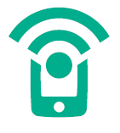 | Signal strength mapping: a tool to understand geographic availability of network coverage |
Interested in the Toolkit?
The GSMA is keen to see the CoNUA Toolkit being used by a wide range of actors with the mission of providing equitable and impactful digital humanitarian products and services. We plan to continue testing and iterating the toolkit in the coming years and would love to hear from people who plan to use (or have already used the tools) so that we can benefit from your experiences. If you want to talk to the team about anything related to the Toolkit, please email [email protected].
